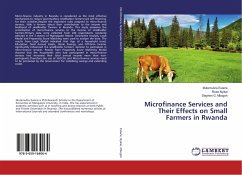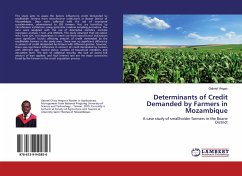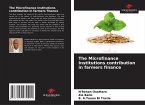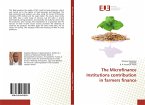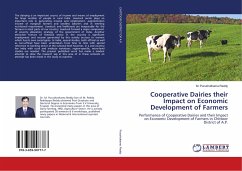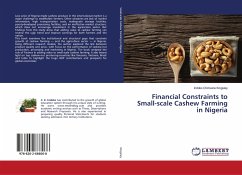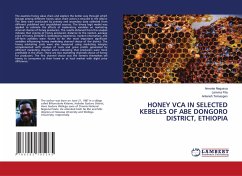Micro-finance industry in Rwanda is considered as the most effective mechanisms to reduce poverty.Many smallholder farmers lack self-financing for their activities.Despite the important roles assigned to micro-finance services, little is known about their contribution to the income and livelihood of smallholder farmers in Rwanda. This study examines the contribution of micro-finance services to the income of smallholder farmers.Primary data were collected from 240 respondents randomly selected in the 3 sectors of Nyamagabe District. Descriptive Analysis, Logit Model and Propensity Score Matching were used to analyze the data. The results from Logit Model indicated that Age of a household head, Education, Total Annual Assets, Home Savings, and Off-farm Income significantly influenced the smallholder farmers' decision to participate in micro-finance services. Results from Propensity Score Matching Model showed that the households who had participated in micro-finance services had increased their total annual income more than non-participants.Therefore,the use of SACCOs and Micro-finance services need to be promoted by the Government for mobilizing savings and extending credit.
Hinweis: Dieser Artikel kann nur an eine deutsche Lieferadresse ausgeliefert werden.
Hinweis: Dieser Artikel kann nur an eine deutsche Lieferadresse ausgeliefert werden.

